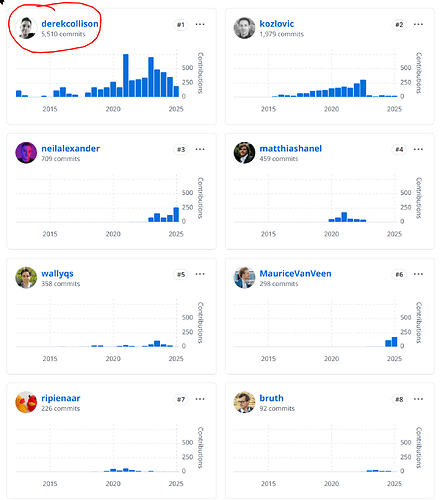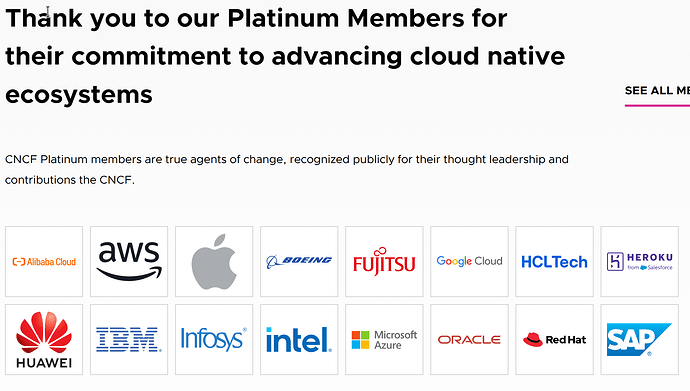Synadia plans to change the NATS license to BUSL (Business Source License).
This Hacker News discussion has some more details:
And there are some documents available:
NATS, as an OSS project, has not gained a lot of community contributions (97% of the development done by Synadia). The CEO of Synadia is by far the largest contributor to the NATS server, and the next 7 contributors are all Synadia employees. (There are a number of other repos.)
This document presents a little different view from the CNCF:
It is hard to know what the following license change will mean for projects like Simple IoT.
- Transition to the Business Source License (BSL): Upon leaving CNCF, Synadia will adopt the Business Source License (BSL) for the NATS.io server. The BSL will provide a balance between open-source accessibility and commercial sustainability. Under this license, the source code will remain open. Still, specific use cases (such as offering NATS as a managed service or integrating it into specific commercial offerings) will require a commercial license. Details on the particular terms and conditions of the BSL will be publicly available and transparent.
The following comment on Hacker News is interesting:
While I regret Synadia decision to change the license I have to admit just reading the CNCF reponse was very very misleading.
Ok Synadia says they were not happy with the CNCF collaboration. In the end they were paying for this membership and their services.
So I went and looked at the various member benefits and it doesn’t sound really attracting to me [0] The most valuable thing seems to be in their “landscape”. They are basically selling brand promotion.
Then you probably have a lot of politics dominated by their Platinium members: Alibaba, Amazon, Apple, Boeing, IBM, Huawei, Microsoft, SAP, Oracle, etc.
CNCF doesn’t work for the community, they work for their (Platinium) members. Synadia works for its investors and they decided to change course (regrettably).
The code under Apache License 2.0 is available on the internet, if it is valuable some people will fork and maintain it. But it is not gonna be the CNCF and its staff.
The following are the CNCF Platinum members, which costs $350,000:
The interests of the CNCF are likely dominated by the largest tech companies. Synadia’s primary concern is likely competitors to Synadia Cloud. Hopefully, small commercial users who run a NATS Server will be exempt, but we’ll see.
NATS is likely heading for a fork.

